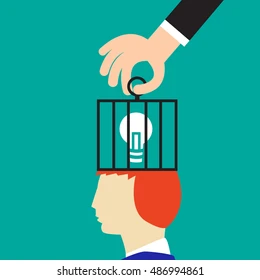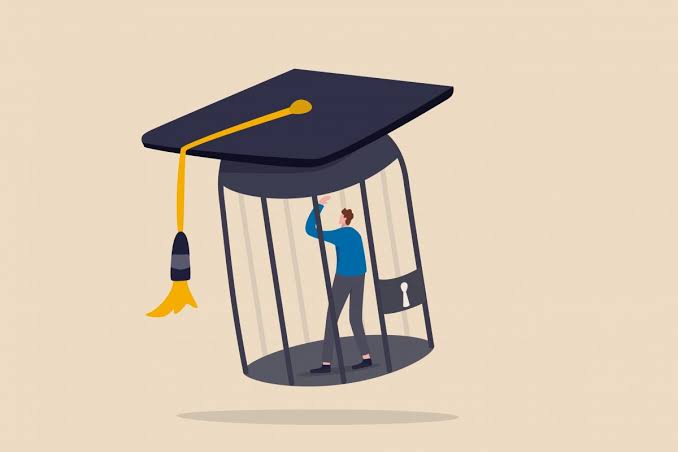The World's Unfinished Classroom: Confronting the Global Education Crisis
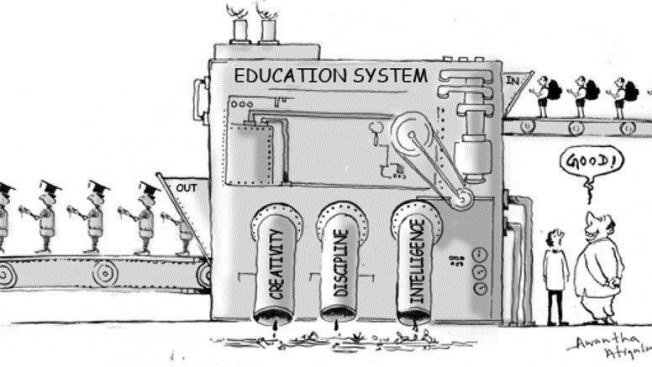
Despite widespread recognition of education as a fundamental right and a cornerstone of societal progress, the global educational system is demonstrably failing millions.
This is not a series of isolated incidents but a systemic crisis of preparedness and equity.
Issues like underfunding, outdated teaching methods, and unequal access are creating widening achievement gaps and leaving generations ill-equipped for the future.
This crisis perpetuates poverty, hinders innovation, and threatens global stability, highlighting the urgent need for a radical reimagining of how we learn, teach, and invest in education worldwide.
Primary Indicators of a Failing System
The global educational system shows several primary indicators of a crisis. One of the most stark is the persistence of low literacy rates in certain regions.
According to the United Nations Educational, Scientific and Cultural Organization (UNESCO), hundreds of millions of people worldwide still lack basic literacy skills, a figure that is particularly high in sub-Saharan Africa and South Asia.
This failure to provide foundational skills is a direct result of inadequate schooling. The problem extends beyond literacy to a lack of future-ready skills.
SOURCE: Google
Modern curricula often fail to teach critical thinking, digital literacy, and problem-solving, which are essential for navigating a rapidly evolving global economy.
The crisis is also defined by widening access disparities and high dropout rates. Millions of children and adolescents are out of school, a situation that has been exacerbated by recent global events.
Even for those in school, the quality of education varies dramatically, creating a significant achievement gap between students in high- and low-income areas.
High dropout rates, particularly at the secondary level, mean that many young people enter the workforce without the essential skills needed to thrive.
This cycle of under-education not only limits individual potential but also acts as a major drag on economic development.
Exacerbating Factors: Inequality, Conflict, and the Digital Divide
The global education crisis is profoundly exacerbated by socio-economic inequalities, conflict, and the digital divide.
SOURCE:Google
For millions, a child's educational destiny is often determined by their postcode, with students from wealthy families receiving better resources and a more robust education.
This perpetuates a vicious cycle of disadvantage, where poverty restricts access to quality schooling, which in turn limits future earning potential.
The World Bank has repeatedly highlighted that educational inequality is a key driver of overall economic inequality.
Conflict and humanitarian crises are another major factor. Displacement, the destruction of schools, and the recruitment of child soldiers disrupt education for millions of children and adolescents.
The UN Refugee Agency (UNHCR) reports that children in conflict zones are far less likely to be in school than their peers in stable environments.
The digital divide, or the gap between those with access to digital technology and those without, further widens these disparities.
The push toward remote learning during the COVID-19 pandemic left millions of students in low-income countries behind, as they lacked the devices, internet connectivity, and a conducive learning environment to participate.
This has created a new layer of educational inequality that threatens to become a permanent feature of the global system.
The Consequences of Outdated Curricula
The consequences of outdated curricula and teaching methodologies are severe. While the global economy demands skills in innovation, critical thinking, and collaboration, many educational systems continue to focus on rote memorization and standardized testing.
SOURCE: Google
This approach fails to prepare students for the complexities of the modern workforce, which is increasingly automated and knowledge-based.
A report by the World Economic Forum emphasizes that a mismatch between skills taught in schools and those needed in the job market is a key driver of youth unemployment.
Teaching methods are also a significant part of the problem. A one-size-fits-all approach ignores the diverse learning needs of students, leading to disengagement and underachievement.
Many schools in underfunded regions still rely on outdated textbooks and a lecture-based format, which is ill-equipped to foster creativity or independent thought.
The lack of investment in teacher training and professional development means that many educators are not equipped to teach the skills necessary for the 21st century.
The result is a generation of students who, despite completing their schooling, are ill-prepared to adapt to the demands of a rapidly evolving global economy.
Underfunding and the Cycle of Disadvantage
The underfunding of public education globally is a central contributor to the decline in quality and the reinforcement of cycles of disadvantage. Many countries, particularly in developing regions, fail to meet the recommended national spending targets on education.
This underfunding manifests in a number of ways: overcrowded classrooms, a lack of up-to-date learning materials, insufficient teacher salaries, and poor school infrastructure.
When public schools are under-resourced, families who can afford it often turn to private schools, leaving the public system to serve the most vulnerable with limited means.
This creates a two-tiered educational system that entrenches socio-economic inequality. High-quality education becomes a privilege, not a right.
The lack of investment in early childhood education is particularly damaging, as this is a crucial period for cognitive development.
Without a strong foundation, children from low-income backgrounds are immediately at a disadvantage, making it more difficult for them to catch up.
The cycle of disadvantage is thus reinforced, as a lack of quality education limits future opportunities, keeping families in poverty and hindering national progress.
Long-Term Societal and Economic Impacts
The long-term societal and economic impacts of a large segment of the global population lacking adequate education and essential skills are profound. Economically, an undereducated population is less productive, less innovative, and less likely to attract high-value industries.
This can lead to lower GDP growth, higher unemployment, and a perpetuation of economic instability. The International Labour Organization (ILO) has shown a direct correlation between education levels and a country's economic prosperity.
Furthermore, a lack of quality education can also exacerbate health disparities and social unrest. An uneducated population is more vulnerable to misinformation, less likely to participate in civic life, and more susceptible to exploitation.
From a societal perspective, a poorly educated population struggles to adapt to challenges like climate change, technological shifts, and future pandemics.
It creates a global skills gap that will only widen as economies become more automated and knowledge-based.
The failure to educate girls is particularly damaging, as it limits their ability to participate in the workforce and society, hindering the development of entire communities.
The global education crisis, therefore, is not just an educational problem; it is a global security and human development problem that threatens the stability and prosperity of nations.
Innovative Models and Urgent Interventions
Addressing these systemic failures requires innovative models, urgent policy interventions, and collaborative initiatives.
SOURCE: Google
EdTech, or educational technology, offers a promising path forward, particularly in leveraging mobile technology to deliver learning content to remote areas.
Platforms that use offline-first models can provide educational resources even without a consistent internet connection.
Furthermore, new pedagogical approaches, such as project-based learning and personalized learning paths, are needed to move away from rote memorization and foster the critical thinking skills required for the 21st century.
Policy interventions are also critical. Nations need to increase their investment in public education, particularly in early childhood development and teacher training.
International collaborations, such as the Global Partnership for Education (GPE), play a vital role in mobilizing funds and providing technical assistance to low-income countries.
The GPE works with governments, civil society, and private sector partners to strengthen educational systems and ensure that every child can get a quality education.
The ultimate goal is to create more equitable, relevant, and resilient educational systems that can adapt to future challenges and empower every individual to reach their full potential.
You may also like...
Sports Betting in Africa: Quick Money or Long-Term Addiction?

"Is sports betting in Africa an opportunity for wealth or a trap for addiction? Explore its impact on youth, the role of...
October 2nd: Guinea’s Independence—A Nation With Defiant Beginning and Enduring Story

On October 2, 1958, Guinea made history as the first French colony in Sub-Saharan Africa to boldly declare independence....
The Jumia Story: Lessons From Africa’s First Tech Unicorn
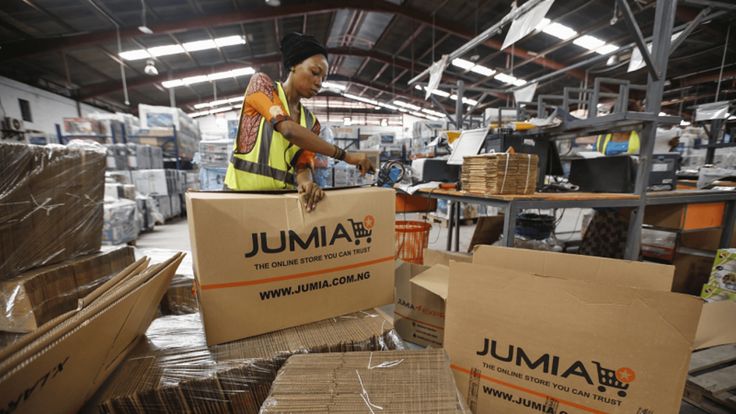
Discover the story of Jumia, Africa’s first tech unicorn, and how platforms like Glovo and Bokku are reshaping e-commerc...
The Silent Cognitive Crisis: Brain Complacency in the Age of AI
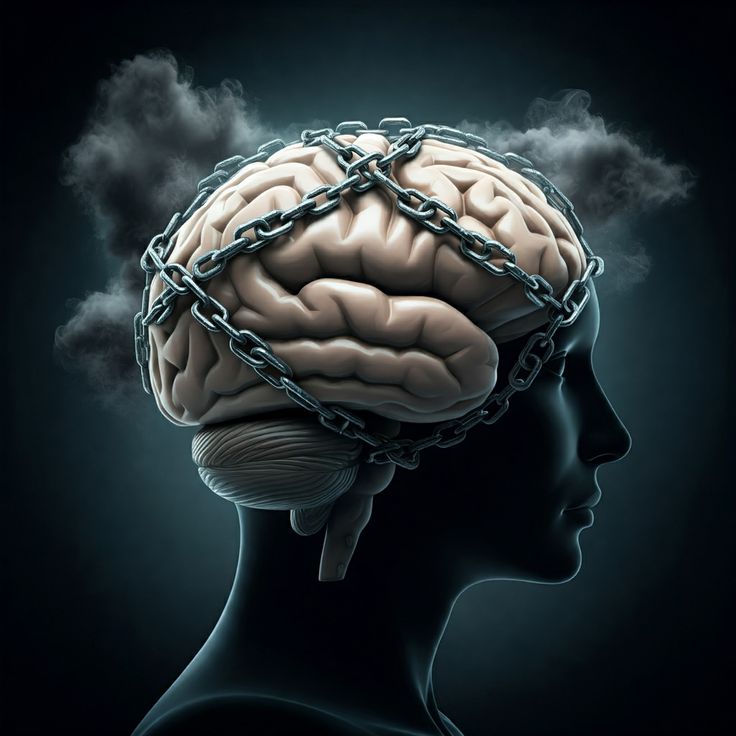
“AI offers convenience, but at what cost? Explore how over-reliance on artificial intelligence fuels brain complacency, ...
Legacy Continues: Football Royalty's Son Nets Stunning Screamer for Barcelona Youth

Shane Kluivert, son of Dutch football legend Patrick Kluivert, scored a spectacular 'screamer' for Barcelona's Under-19s...
WNBA Star's Terrifying Health Ordeal: Mitchell Reveals Rhabdomyolysis Left Her Paralyzed

Indiana Fever All-Star guard Kelsey Mitchell revealed she suffered from Rhabdomyolysis during a WNBA semifinal game, cau...
Warner Bros' Box Office Bubble Bursts, But Industry Shrugs: What Does It Mean?

Paul Thomas Anderson's "One Battle After Another" marks a different kind of success for Warner Bros., earning critical a...
DCU's Nightmare: Are Film Franchises Repeating MCU's Fatal Flaws?

The DCU's increasing interconnectivity, particularly in <i>Peacemaker</i> Season 2, is raising concerns about potential ...



